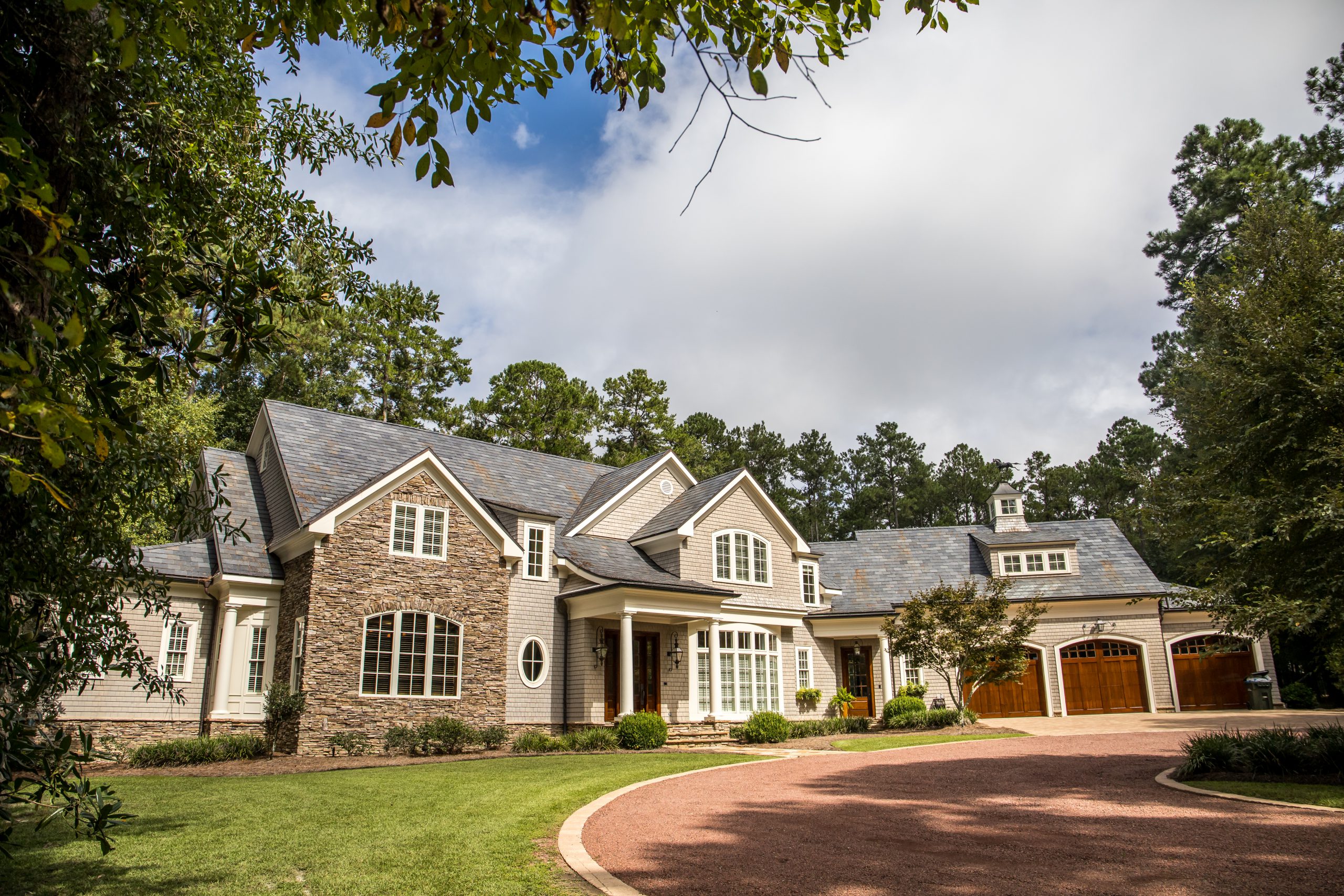
Fixer-upper homes can be tempting for buyers daunted by current property prices. Significant value can be achieved by renovating these types of properties and then flipping them to an eager market.
There was good news for renovators this month with a new report showing that construction costs and materials are starting to level out after a massive post-Covid spike.
The Cordell Construction Cost Index (CCCI), run by industry researcher CoreLogic, shows a 0.5% rise in the cost of building a “typical new dwelling” in the second quarter of this year. The first quarter registered a 0.8% rise.
In the last 12 months, building costs have risen 2.6%, according to the Index.
CoreLogic Research Director Tim Lawless said price levels remained elevated.
“The growth in costs has finally returned within normal margins,” he said. “However, the price of construction is not falling and building or renovating remains almost 30% more expensive than pre-Covid.”
With costs stablising, fixer-uppers offer the opportunity for buyers to put their own stamp on a property, perhaps creating a media room or an extensive home/office set-up.
However, any beneficial value such rooms create can be offset by higher-than-expected renovation costs.
As every savvy renovator knows, renovations come with numerous unexpected costs and delays, including council permit headaches.
Work can also take considerably more time than expected. Extensive renovations may mean you have to live off-site, which can be expensive or inconvenient.
So, fixer-upper buyers should financially and emotionally budget for these challenges and weigh them against any savings gained from a low purchase price.
Critically, you need to work out if your purchase price, plus renovation costs, will be lower than the prices of similar, established homes in nearby neighbourhoods.
You should also remember that while kitchens or living rooms can usually be updated economically, homes with major structural and foundational issues, like termite damage, should be avoided.
Finally, lenders can be cautious about borrowers planning to buy a fixer-upper. However, many lenders, including the “Big Four” banks, offer construction loans, also known as building loans.
